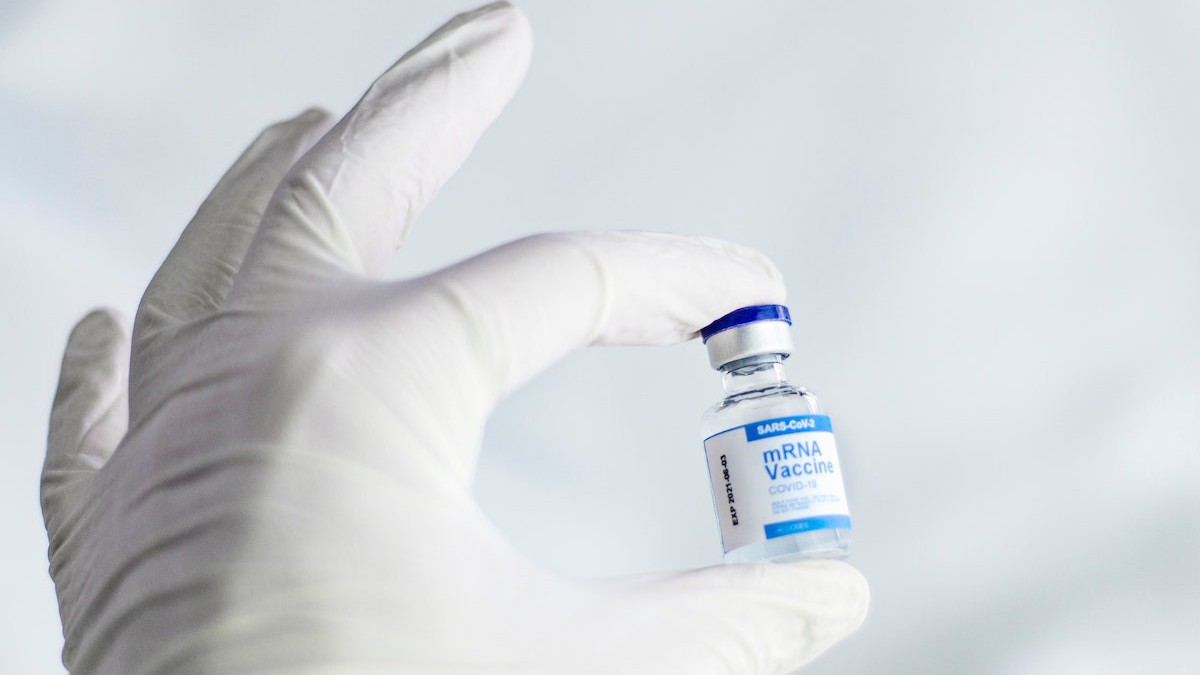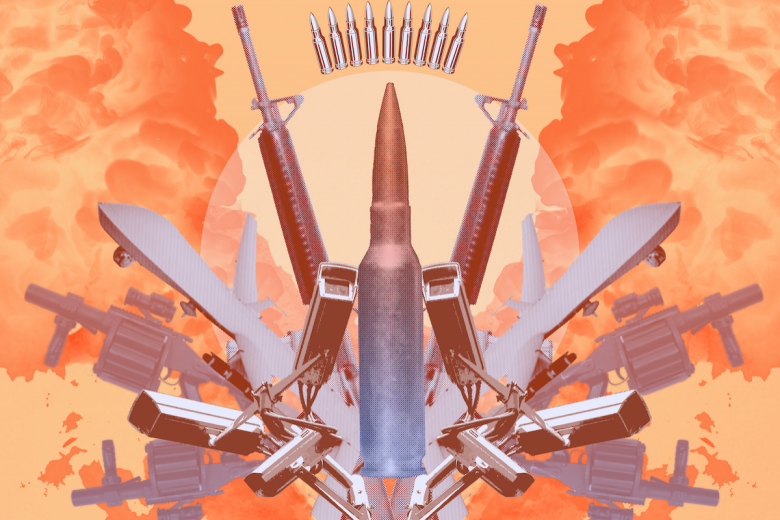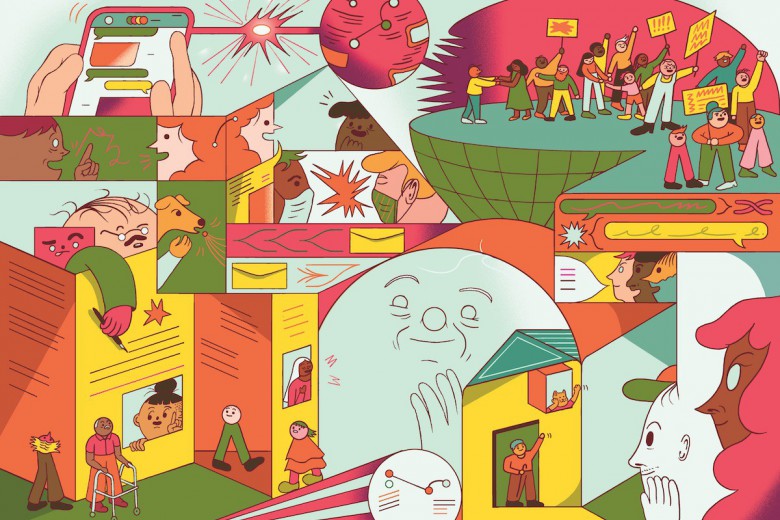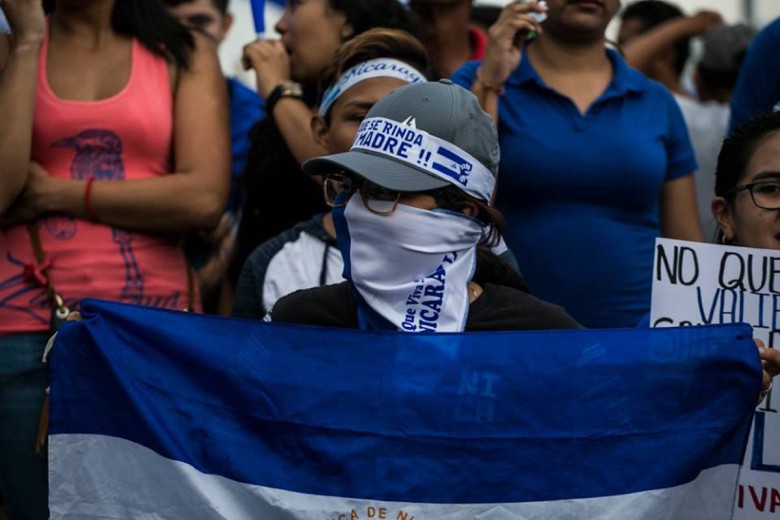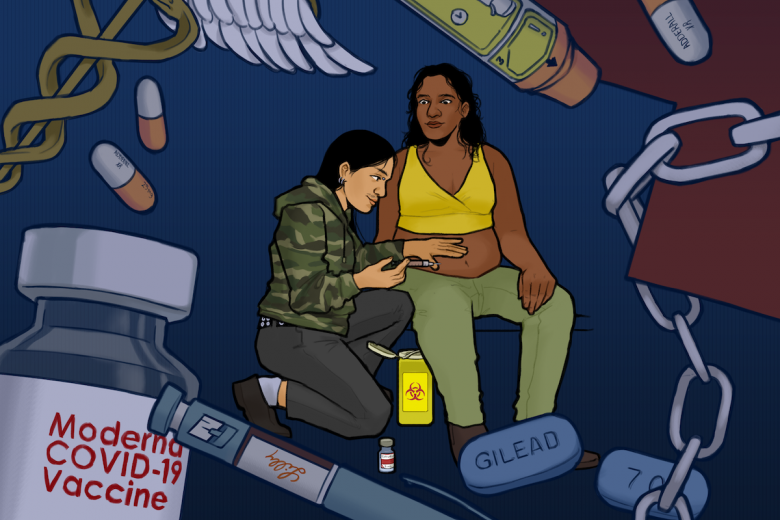In 1976, Prime Minister Pierre Trudeau offered a gesture of Canadian support for the people of Guatemala in the aftermath of an earthquake: 45,000 kilograms of powdered milk, a gift from the benevolent Canadians.
This act of generosity was useless to Guatemalans and self-serving to Canada. The Canadian milk industry had a massive oversupply and was essentially dumping it to prevent a price drop. Meanwhile, most Indigenous Guatemalans didn’t drink milk and couldn’t digest it.
Most importantly, Trudeau was trying to rehabilitate his and Canada’s image after his government had showered loans and support upon Inco, a Canadian mining company that had collaborated with Guatemala’s “Butcher of Zacapa” to gain secure, tax-free access to the Lake Izabal nickel deposits. Said butcher, Colonel Carlos Arana Osorio, led massacres of several thousand Guatemalans to clear them out of the area and even ordered the assassinations of Guatemalan researchers studying the impacts of the mine. In 1978, the mine opened with the Canadian ambassador present, and a band struck up “O Canada.”
This example – plucked from an endless number of similar cases I compiled in my 2020 book Canada in the World – offers a stark view of the dark underbelly of Canada’s supposed generosity in global affairs. What appears as benevolence is often a smokescreen for greed, theft, and violence. This same dynamic has been vividly displayed in Canada’s response to a global pandemic in the 2020s, especially around the vital question of COVID-19 vaccines.
This example – plucked from an endless number of similar cases I compiled in my 2020 book Canada in the World – offers a stark view of the dark underbelly of Canada’s supposed generosity in global affairs.
The Canadian government has not just prioritized vaccine procurement for its own citizens, it has actively undermined vaccine access for poorer countries. The former issue – hoarding of existing vaccine doses – has a plausible justification insofar as Justin Trudeau’s primary responsibility is to ensure Canadians’ health and safety. It is the latter problem – Canada hindering everyone else’s access to the vaccines – that demands our attention. In December, the Canadian government made much ado about nearly $500 million in foreign aid to help with global COVID-19 efforts. In particular, funds were earmarked for a new collaboration called Access to COVID-19 Tools (ACT), whose stated goal is “to speed up an end to the pandemic by supporting the development and equitable distribution of the tests, treatments and vaccines.”
Sounds pretty good, like 45,000 kilos of powdered milk after an earthquake. But follow the money and you’ll find that most of it flows back and forth between an alphabet soup of organizations. The top four recipients of ACT money, for instance, are Gavi, CEPI (the Coalition for Epidemic Preparedness Innovations), the Global Fund and the World Health Organization (which launched ACT in the first place).
But it gets worse. Gavi, a vaccine delivery organization, was until recently chaired by Ngozi Okonjo-Iweala. She is now the director-general of the World Trade Organization, where she has been lukewarm on a proposal to waive the intellectual property rights to the COVID vaccines, which would allow poorer countries to manufacture and import generic vaccines at a much lower cost. Canada and other Western powers have consistently blocked the proposal and did so again this March. In protecting the rights of Pfizer and Moderna to squeeze maximum profits out of vaccine sales, Canada and its allies are condemning an untold number of people in the Global South to illness and death, and Canada is impeding the very organizations it is “generously” funding.
This pattern of duplicity is nothing new, as anyone familiar with Canada’s colonial roots can attest. In the 1870s and 1880s, Indigenous people on the plains experienced a pandemic of their own. A few decades before, they had been among the healthiest people in the world; with colonization, they were dying of hunger and tuberculosis.
In protecting the rights of Pfizer and Moderna to squeeze maximum profits out of vaccine sales, Canada and its allies are condemning an untold number of people in the Global South to illness and death, and Canada is impeding the very organizations it is “generously” funding.
This was a direct consequence of Canada’s militarized advance into the region. As settlers conquered and claimed land, bison herds went into decline and Indigenous communities lost their most important resource. Hunger and illness set in, and then-prime minister John A. Macdonald pressed his advantage, signing treaties that gave Canada control of the territory and consigning Indigenous people to reserves on mostly infertile tracts of land.
This exacerbated the famine, so to manage the crisis, Canada offered food aid to the people on the reserves – or so it claimed. Canadian officials insisted on giving only enough food “to keep them alive,” and the meagre provisions that were delivered were often rotten and inedible. One minister suggested the starving people should work to earn the food aid, so they would not “hereafter expect gratuitous assistance from the government.”
But this was not “assistance” at all. Many of the treaties contained provisions wherein Canada’s responsibility was to provide food and resources for Indigenous conversion to an agricultural economy. Thus, when Canada failed to deliver adequate food, it was actually breaking the very agreements it used as the basis of its claim to the entire region.
These three examples span 150 years and the entire world, and yet the pattern is clear. Canada draws our attention to the act of generosity while obscuring its reality: the milk is useless, the funding goes nowhere, the food is rotten. Meanwhile, Canada’s real aims in every case are capitalist and colonial: a mine for Inco, profits for Pfizer, land for white settlers.
Above all, there is callous disregard for the lives of poor and colonized people, whose suffering is mobilized rhetorically by politicians even as they take actions that perpetuate and expand that very suffering. Classic Canadian generosity.


